.jpg?bossToken=5ca89568183249682093c17556f280dbc5c90cb7d42dcd871dcf7791426af74e)
Photo Attribution: неизвестный (unknown), Public domain, via Wikimedia Commons
Mao Zedong
This example has been viewed 869x times
Summary
Rodden Rating
Analysis for Mao Zedong
Biography
Mao Zedong[a] (26 December 1893 – 9 September 1976), also known as Chairman Mao, was a Chinese politician, political theorist, military strategist, poet, and communist revolutionary who was the founder of the People's Republic of China (PRC), which he led as the chairman of the Chinese Communist Party from the establishment of the PRC in 1949 until his death in 1976. Ideologically a Marxist–Leninist, his theories, military strategies, and political policies are collectively known as Maoism.
Mao was the son of a prosperous peasant in Shaoshan, Hunan. He supported Chinese nationalism and had an anti-imperialist outlook early in his life, and was particularly influenced by the events of the Xinhai Revolution of 1911 and May Fourth Movement of 1919. He later adopted Marxism–Leninism while working at Peking University as a librarian and became a founding member of the Chinese Communist Party (CCP), leading the Autumn Harvest Uprising in 1927. During the Chinese Civil War between the Kuomintang (KMT) and the CCP, Mao helped to found the Chinese Red Army, led the Jiangxi Soviet's radical land reform policies, and ultimately became head of the CCP during the Long March. Although the CCP temporarily allied with the KMT under the Second United Front during the Second Sino-Japanese War (1937–1945), China's civil war resumed after Japan's surrender, and Mao's forces defeated the Nationalist government, which withdrew to Taiwan in 1949.
On 1 October 1949, Mao proclaimed the foundation of the PRC, a Marxist–Leninist single-party state controlled by the CCP. In the following years he solidified his control through the land reform campaign against landlords, the Campaign to Suppress Counterrevolutionaries, the "Three-anti and Five-anti Campaigns", and through a truce in the Korean War, which altogether resulted in the deaths of several million Chinese. From 1953 to 1958, Mao played an important role in enforcing command economy in China, constructing the first Constitution of the PRC, launching an industrialisation program, and initiating military projects such as the "Two Bombs, One Satellite" project and Project 523. His foreign policies during this time were dominated by the Sino-Soviet split which drove a wedge between China and the Soviet Union. In 1955, Mao launched the Sufan movement, and in 1957 he launched the Anti-Rightist Campaign, in which at least 550,000 people, mostly intellectuals and dissidents, were persecuted. In 1958, he launched the Great Leap Forward that aimed to rapidly transform China's economy from agrarian to industrial, which led to the deadliest famine in history and the deaths of 15–55 million people between 1958 and 1962.
In 1963, Mao launched the Socialist Education Movement, and in 1966 he initiated the Cultural Revolution, a program to remove "counter-revolutionary" elements in Chinese society which lasted 10 years and was marked by violent class struggle, widespread destruction of cultural artifacts, and an unprecedented elevation of Mao's cult of personality. Tens of millions of people were persecuted during the Revolution, while the estimated number of deaths ranges from hundreds of thousands to millions. After years of ill health, Mao suffered a series of heart attacks in 1976 and died at the age of 82. During the Mao era, China's population grew from around 550 million to over 900 million while the government did not strictly enforce its family planning policy. During his leadership tenure, China was heavily involved with other Asian communist conflicts such as the Korean War, the Vietnam War, and the Cambodian Civil War.
Widely considered one of the most influential figures of the 20th century, Mao has been credited with transforming China from a semi-colony to a leading world power, with advanced literacy, women's rights, basic healthcare, primary education and improved life expectancy.[2][3][4][5] He became an ideological figurehead behind his ideology and a prominent influence over the international communist movement, being endowed with remembrance, admiration and cult of personality both during life and after death. However, Mao's government was responsible for vast numbers of deaths, with estimates ranging from 40 to 80 million victims due to starvation, persecution, prison labour, and mass executions, which drew criticism for being considered totalitarian rule.[6][7][8][9]
Source: https://en.wikipedia.org/wiki/Mao_Zedong
Raw Data
Horoscope Data
Comments
Natal Data
1893-12-26 00:00:06 GMT
28° 6′ 51.2″ N 112° 59′ 0.0″ E
Hunan, China
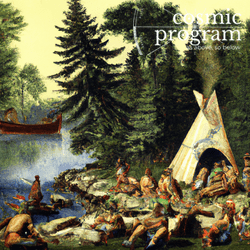

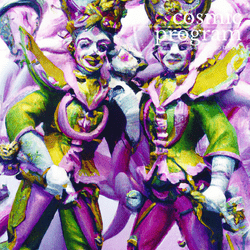
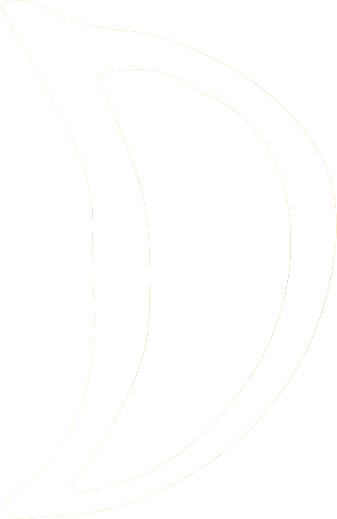

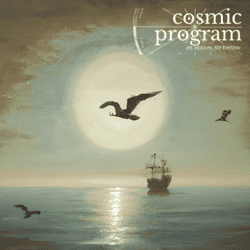





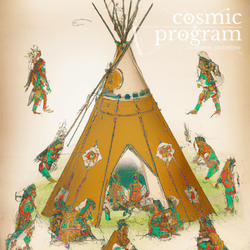


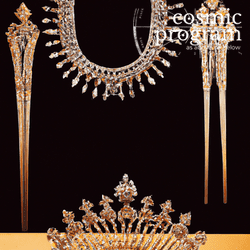

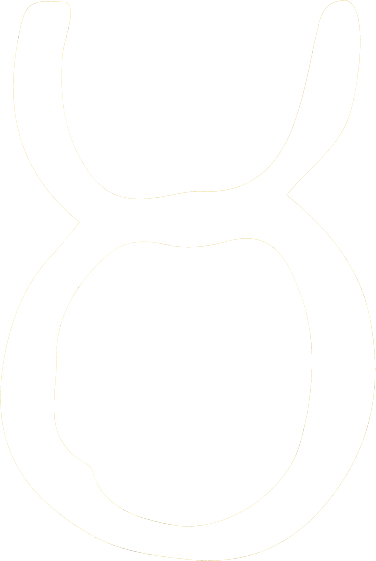

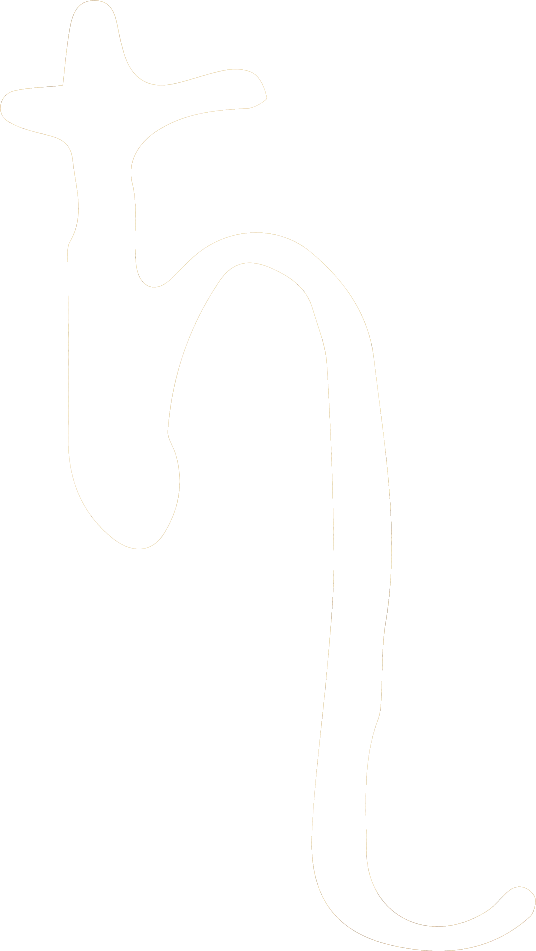
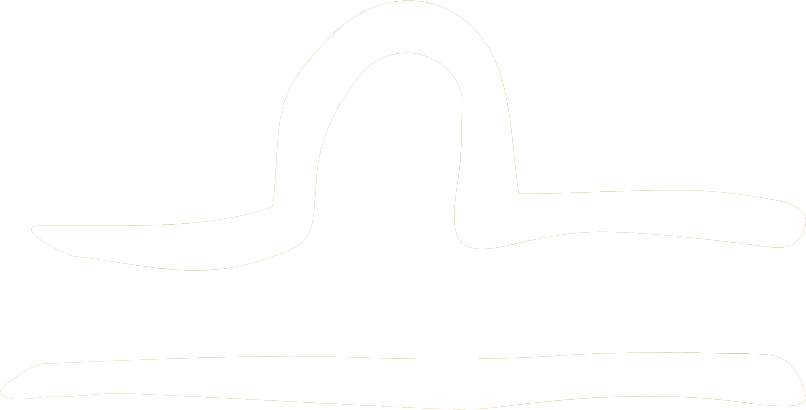
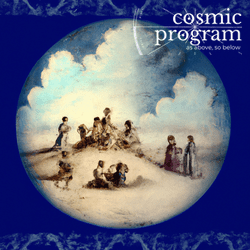

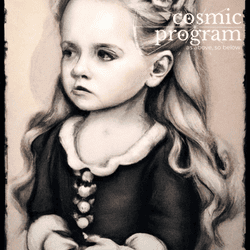





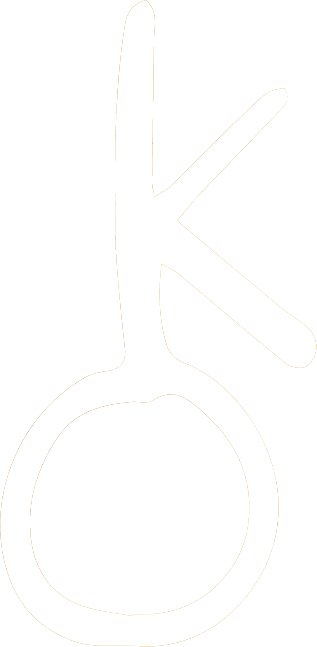
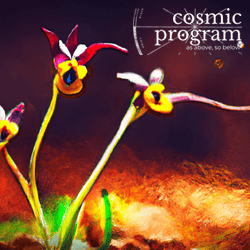


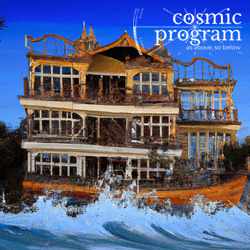

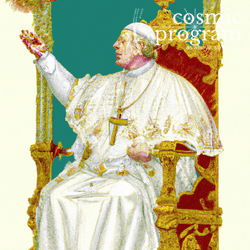

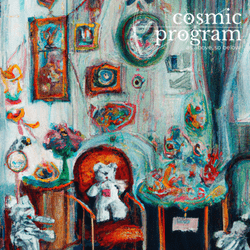


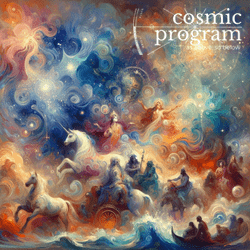
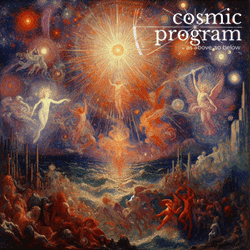
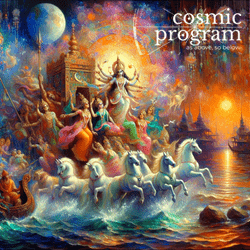
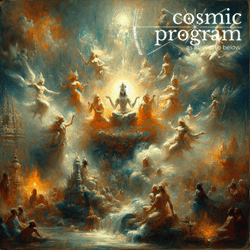
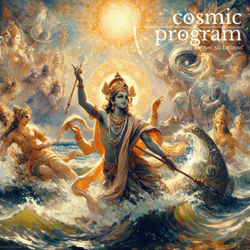
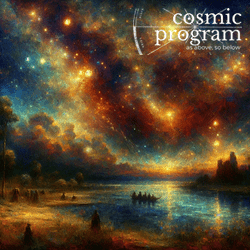

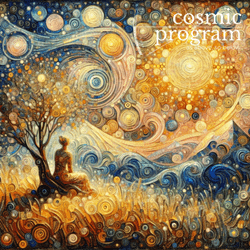
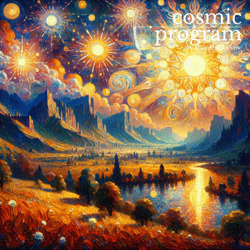
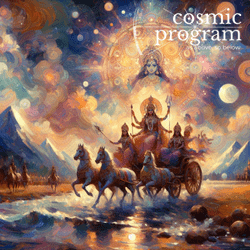
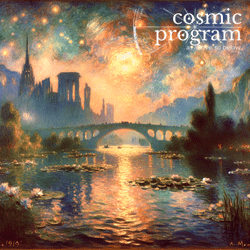
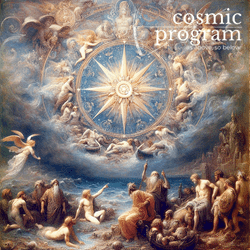
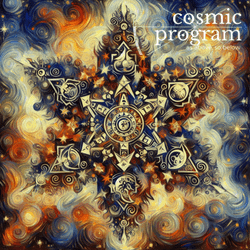
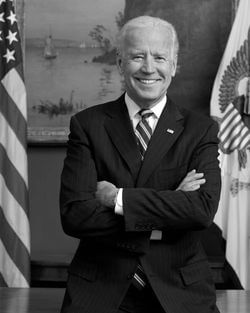
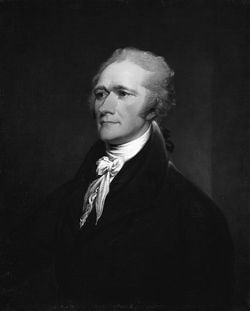
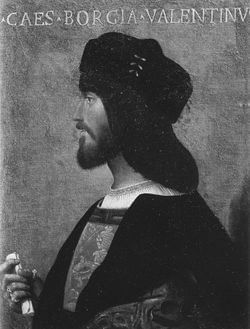
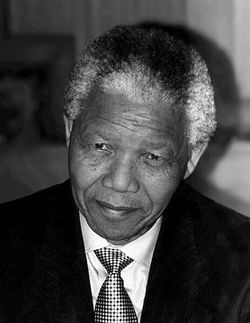
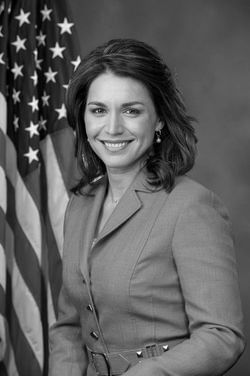
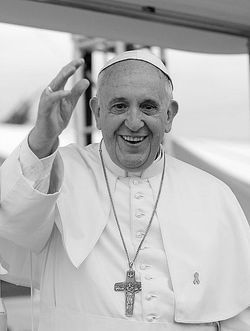

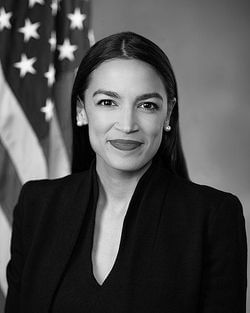
_in_2012.jpg?bossToken=25fb5b2496e2657e22582062dc506e1319e5ca376b0b1b4370e4a23e21a1bfff)



